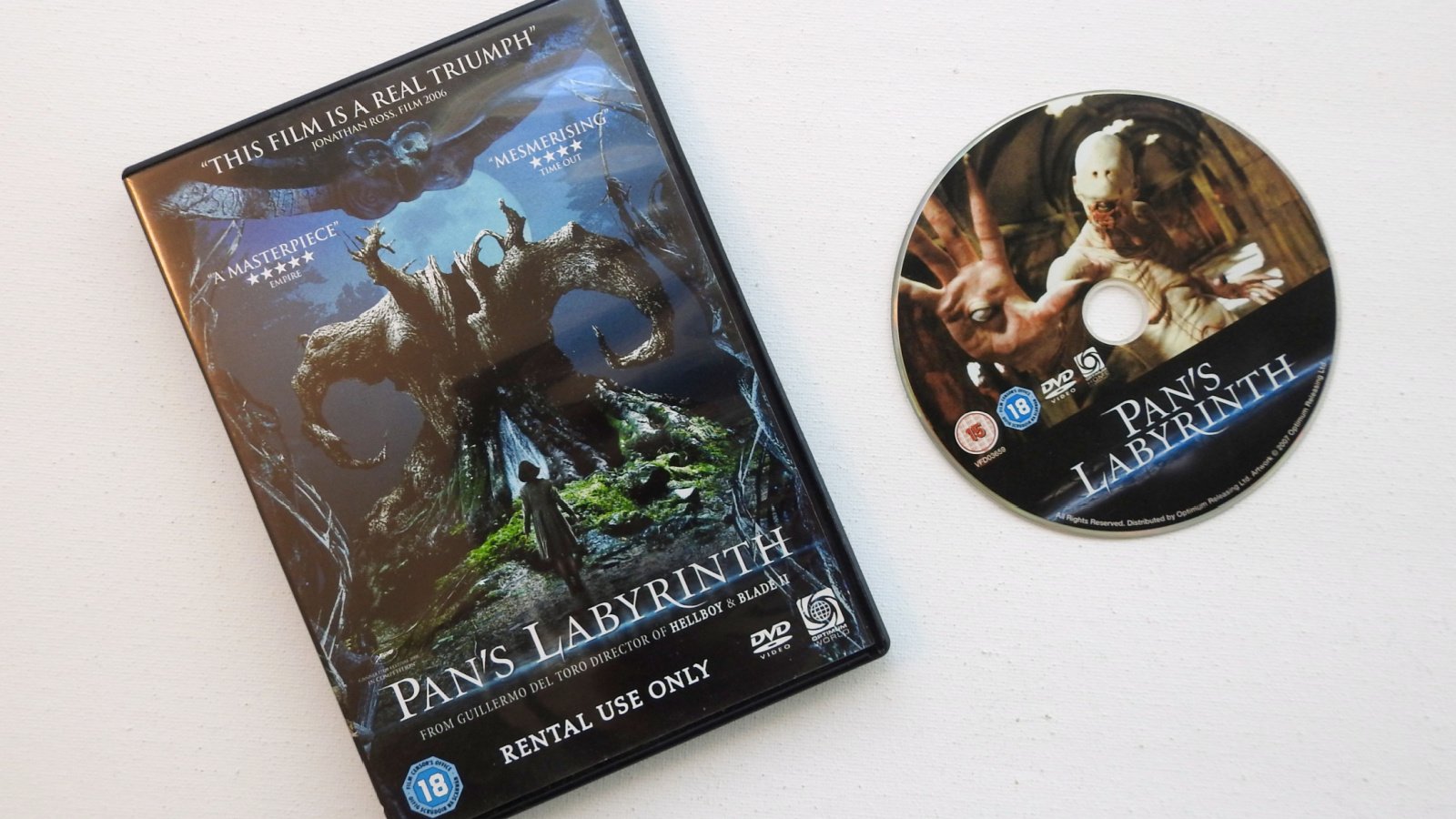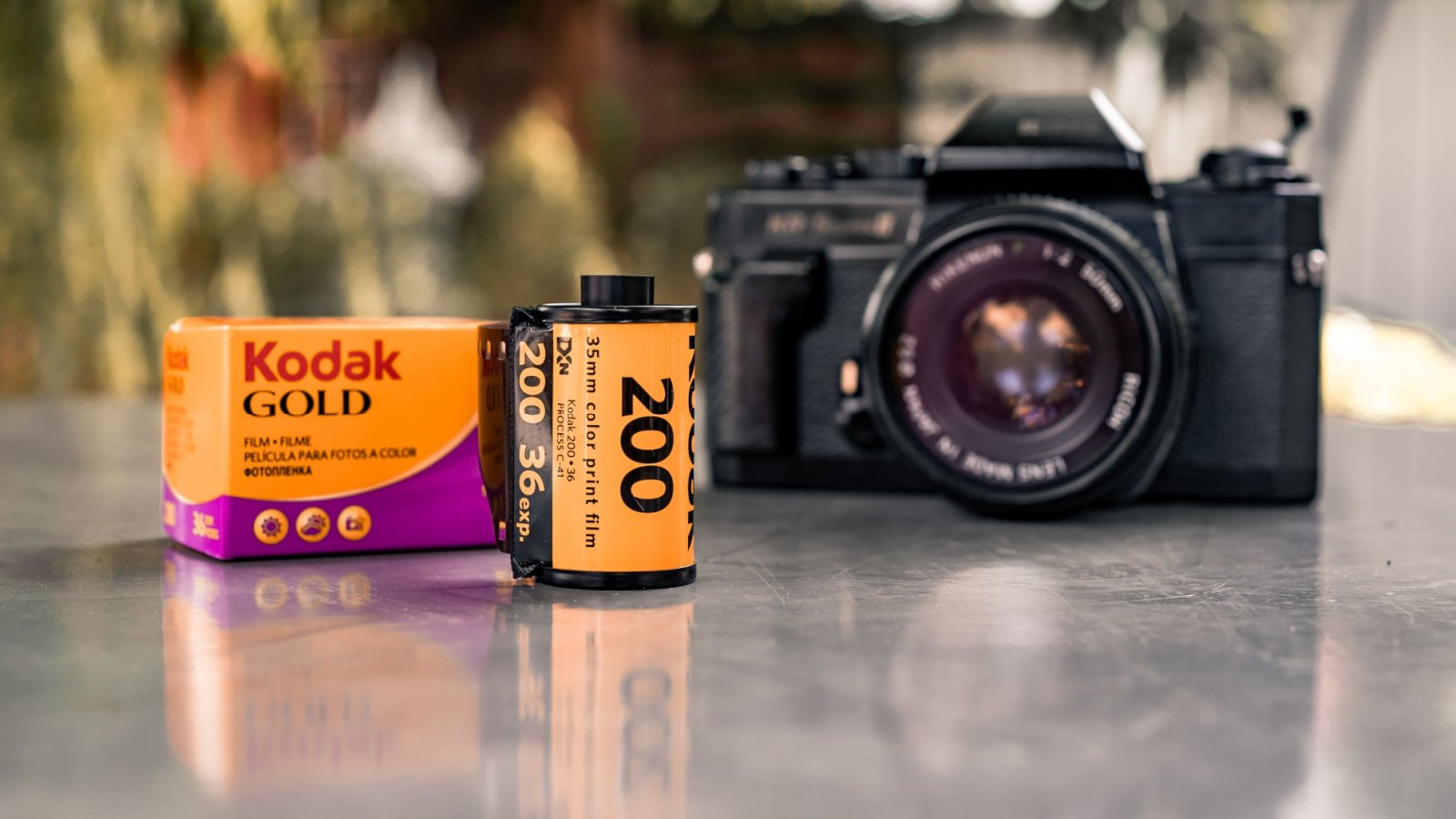Discover the traditions and practices quietly slipping into obscurity, becoming relics of the past. Yet, these vanishing customs remain integral to remembering where we came from.
Writing Letters

The art of handwriting letters is fading, replaced by digital communication. Once a personal touch in keeping connections alive, it’s now a rarity. Future generations might view it more as a historical curiosity than a practical communication method.
Using Landlines

Landlines are becoming obsolete in the age of smartphones. Homes once anchored by a communal phone now buzz with individual devices. The concept of a family phone number is gradually disappearing.
Watching Cable TV

Cable TV is dwindling as streaming services dominate the market. The idea of scheduled programming feels increasingly alien. The next generation might never know the ritual of waiting a week for a new episode.
Reading Physical Newspapers

The morning paper, once a staple, is yielding to digital news. Future generations might only see newspapers in movies or at museums.
Memorizing Phone Numbers

Memorizing phone numbers is a skill being eroded by smartphones. We used to know our closest contacts by heart. Now, devices remember for us, making the skill almost unnecessary.
Using Physical Maps

Paper maps are nearly extinct, replaced by GPS and digital navigation. The skill of reading maps is fading, along with the joy of accidentally discovering new routes. Future explorations will likely rely solely on technology.
CDs and DVDs

CDs and DVDs are becoming relics. Streaming and digital libraries have transformed how we access and share media. The next generation may never experience the ritual of placing a disc in a media player.
Developing Film Photos

The anticipation of developing film rolls is giving way to instant digital photos. The magic of waiting to see if a moment was captured perfectly is fading.
Using Fax Machines

Once a marvel of office communication, fax machines are now nearly extinct. They’re being replaced by email and cloud services. The whirring and waiting of a fax transmission is becoming a sound of the past.
Visiting Video Rental Stores

The ritual of browsing video stores for the perfect movie night is nearly gone. Streaming services offer instant access to vast libraries. Future generations will miss the charm of discovering a hidden gem on a store shelf.
Using Phone Books

The bulky phone book’s relevance is dwindling in the digital age. Online directories and search engines offer quicker, updated information. The next generation may never experience the search through alphabetized listings.
Writing Checks

Writing checks is becoming a rare occurrence, with digital payments on the rise. The meticulous filling out of a check will be an unfamiliar task. Financial transactions are increasingly seamless and paperless.
Dial-up Internet

The distinct sound of connecting to dial-up Internet is a distant memory. High-speed and wireless connections have made the Internet far more accessible. The patience required for dial-up is a virtue the next generation won’t need.
Using Encyclopedias

Physical encyclopedias, once treasured for research, are being overshadowed by online resources. The weight of knowledge is now as light as a tablet or smartphone. Access to information has never been easier or more immediate.
Making Mixtapes

Creating mixtapes on cassettes was a labor of love. It’s a practice that’s been replaced by creating playlists online. The personal touch of a handpicked mixtape is a fading form of expression.
Playing Physical Board Games

While still cherished by many, physical board games face competition from digital versions. The tactile sensation of moving pieces and rolling dice is unmatched. Yet, convenience and technology may make them a special occasion activity rather than a staple.
Using Public Payphones

Public payphones are disappearing from the streets, becoming more of a novelty than a necessity. The search for spare change and a working phone is a scenario fading into obscurity.
Listening to Live Radio

Live radio, with its unique blend of music and local news, is being replaced by personalized streaming services. The communal experience of listening to a live broadcast is dwindling. Future generations might only experience radio as a digital archive.
Using Typewriters

The click-clack of typewriter keys is a sound now found mainly in museums or niche markets. Digital word processors offer speed and flexibility unmatched by their mechanical predecessors. The romance of typing a manuscript on a typewriter is becoming a nostalgic novelty.
Renting Physical Games

Renting video games from a store is an experience that is being overtaken by digital downloads and cloud gaming. The excitement of bringing a new game home to play is being replaced by instant gratification.
Going to Drive-in Theaters

Drive-in theaters, once a hallmark of American entertainment, are rare finds. The unique experience of watching a movie under the stars is eclipsed by home theaters and streaming. While some revival attempts occur, they remain a nostalgic memory for most.
Using Pagers

Pagers, once essential for on-the-go communication, have been supplanted by smartphones. The brief era of sending and receiving numeric messages is largely over. This technology now serves as a reminder of the rapid evolution of personal communication.
Sending Telegrams

The use of telegrams for urgent messages has all but disappeared, replaced by instant digital communication. The telegram, once a symbol of speedy news delivery, is now a historical artifact.









I have been reading out many of your stories and i can claim pretty good stuff. I will surely bookmark your website.
Great ?V I should definitely pronounce, impressed with your site. I had no trouble navigating through all tabs as well as related information ended up being truly simple to do to access. I recently found what I hoped for before you know it at all. Quite unusual. Is likely to appreciate it for those who add forums or anything, site theme . a tones way for your customer to communicate. Excellent task..
Whats Happening i’m new to this, I stumbled upon this I have discovered It positively helpful and it has aided me out loads. I hope to give a contribution & aid other users like its aided me. Great job.
Really superb visual appeal on this web site, I’d rate it 10 10.
Hi! This is my first comment here so I just wanted to give a quick shout out and tell you I genuinely enjoy reading through your blog posts. Can you recommend any other blogs/websites/forums that cover the same subjects? Appreciate it!
I’m still learning from you, as I’m making my way to the top as well. I certainly liked reading all that is written on your website.Keep the tips coming. I enjoyed it!
you are really a good webmaster. The site loading speed is incredible. It seems that you are doing any unique trick. Furthermore, The contents are masterpiece. you’ve done a magnificent job on this topic!
Hey! This is my first visit to your blog! We are a collection of volunteers and starting a new initiative in a community in the same niche. Your blog provided us useful information to work on. You have done a wonderful job!
You could certainly see your expertise in the work you write. The world hopes for more passionate writers like you who aren’t afraid to say how they believe. Always go after your heart.
Some truly interesting points you have written.Assisted me a lot, just what I was looking for :D.
I haven’t checked in here for some time since I thought it was getting boring, but the last few posts are great quality so I guess I will add you back to my everyday bloglist. You deserve it my friend 🙂
This web site is really a walk-through for all of the info you wanted about this and didn’t know who to ask. Glimpse here, and you’ll definitely discover it.
I gotta favorite this web site it seems invaluable very helpful
Perfectly written content material, thanks for information .
My brother recommended I would possibly like this blog. He was totally right. This submit truly made my day. You cann’t imagine just how much time I had spent for this information! Thanks!
Hey there, You have done a great job. I’ll certainly digg it and personally suggest to my friends. I’m confident they will be benefited from this site.
You can definitely see your enthusiasm within the work you write. The sector hopes for even more passionate writers such as you who aren’t afraid to say how they believe. Always go after your heart.
I don’t ordinarily comment but I gotta admit thankyou for the post on this amazing one :D.
Very interesting information!Perfect just what I was searching for!
F*ckin’ remarkable things here. I’m very glad to see your article. Thanks a lot and i am looking forward to contact you. Will you kindly drop me a e-mail?
Undeniably believe that which you said. Your favorite justification seemed to be on the net the simplest thing to be aware of. I say to you, I definitely get irked while people think about worries that they just do not know about. You managed to hit the nail upon the top as well as defined out the whole thing without having side-effects , people could take a signal. Will probably be back to get more. Thanks
Some truly superb content on this web site, regards for contribution.
Hey! I just wanted to ask if you ever have any trouble with hackers? My last blog (wordpress) was hacked and I ended up losing several weeks of hard work due to no back up. Do you have any methods to protect against hackers?
I was wondering if you ever considered changing the layout of your site? Its very well written; I love what youve got to say. But maybe you could a little more in the way of content so people could connect with it better. Youve got an awful lot of text for only having 1 or 2 pictures. Maybe you could space it out better?
This is a very good tips especially to those new to blogosphere, brief and accurate information… Thanks for sharing this one. A must read article.
As I website owner I believe the content material here is real great, regards for your efforts.
I really enjoy reading through on this web site, it has got good articles.
Hello. splendid job. I did not anticipate this. This is a remarkable story. Thanks!
Saved as a favorite, I really like your blog!